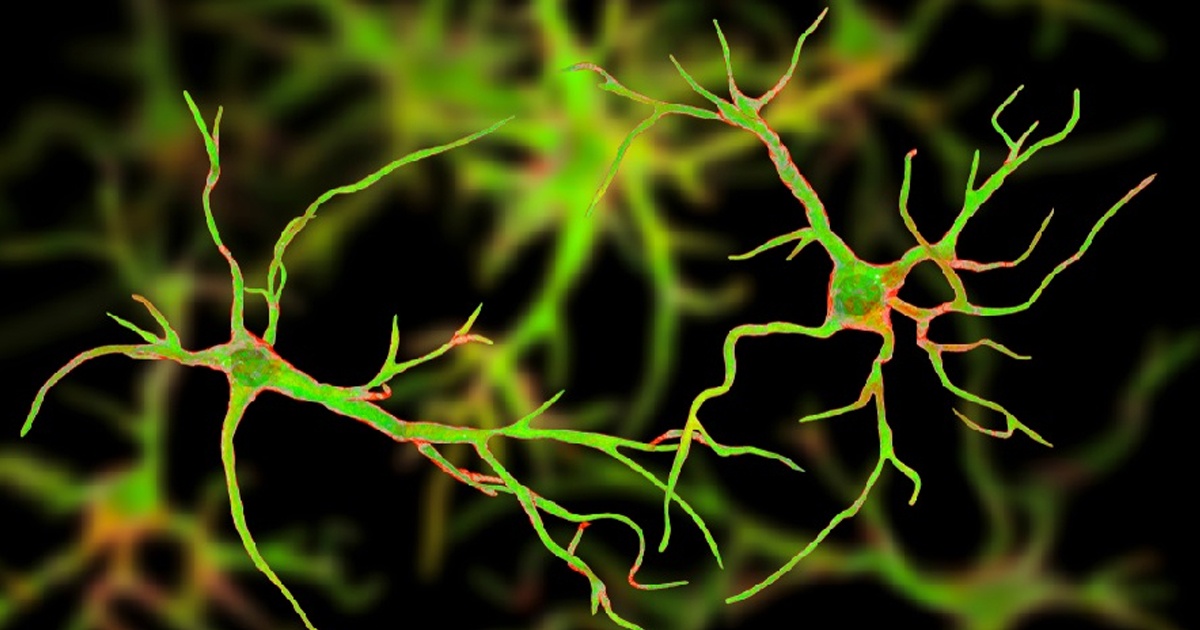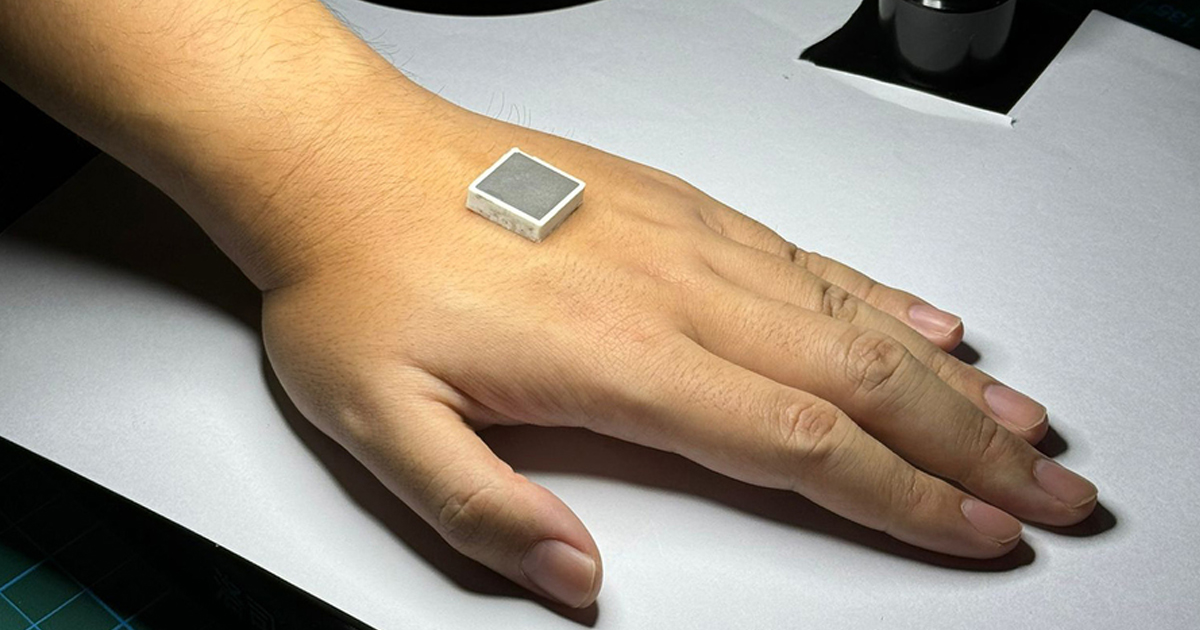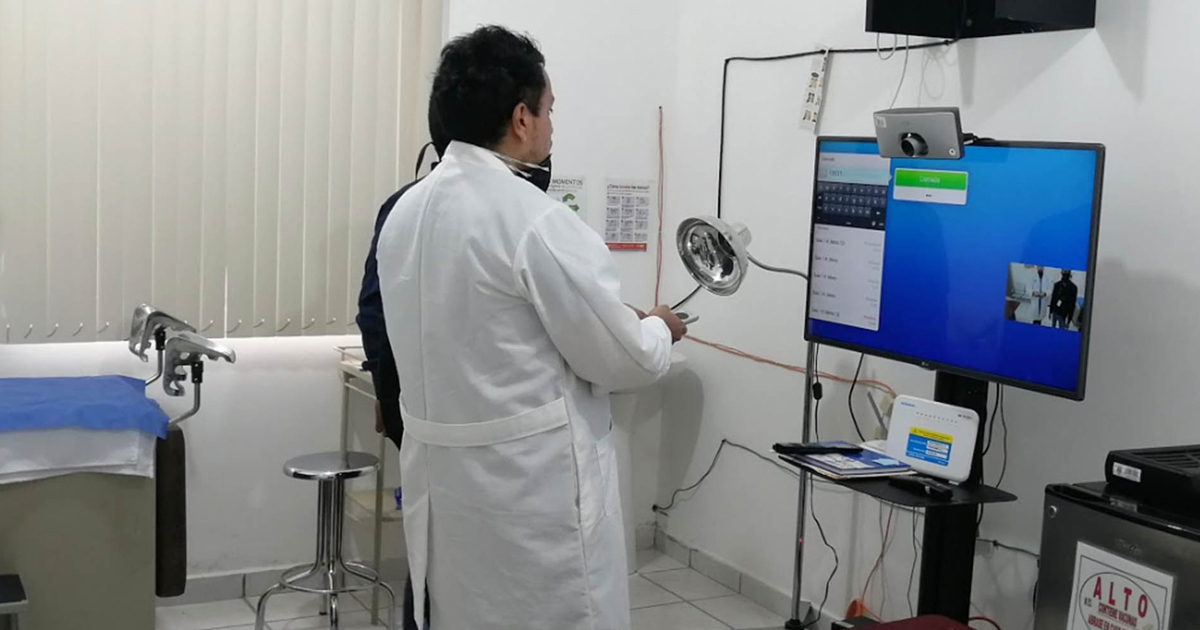La Facultad de Medicina de la Universidad de Minnesota presentó una nueva investigación sobre un potencial tratamiento para la adicción a drogas sintéticas.
Esta investigación tiene como objetivo este posible tratamiento contra la adicción a las drogas a través de astrocitos. El estudio fue publicado en la revista Neuron, cuya hipótesis sostiene que la señalización de calcio de los astrocitos podría disminuir los efectos conductuales de la anfetamina.
La dopamina beneficia los procesos de recompensa del cerebro, contribuyendo al aprendizaje y la memoria. La interrupción de dopamina se asocia a trastornos relacionados con adicción y el uso de sustancias como anfetaminas.
El estudio muestra que los astrocitos contribuyen al procesamiento de la información y a cómo funcionan los organismos, más allá su consideración tradicional como “células de apoyo” para el cerebro.
La investigación fue liderada por la Dra. Michelle Corkrum, en la cual encontraron que los astrocitos responden a la dopamina con aumentos de calcio en el núcleo accumbens, grupo de neuronas encefálicas que funcionan como uno de los principales centros de recompensa en el cerebro. “Este aumento de calcio se relacionó con la liberación de ATP/adenosina para modular la actividad neural en el núcleo accumbens. Luego, analizaron específicamente la anfetamina porque se sabe que aumenta la dopamina y la actividad psicomotora en los organismos. Descubrieron que los astrocitos responden a la anfetamina con aumentos de calcio, y si se elimina la actividad de los astrocitos, el efecto conductual de la anfetamina disminuye en un modelo de ratón”.

Corkrum explicó los avances encontrados gracias a esta investigación: “Estos hallazgos sugieren que los astrocitos contribuyen a la señalización de anfetamina, la señalización de la dopamina y la señalización de recompensa general en el cerebro”. “Debido a esto, los astrocitos son un tipo de célula potencialmente novedoso que puede ser dirigido específicamente para desarrollar terapias eficaces para enfermedades con dopamina desregulada”.
La Facultad de Medicina continuará la investigación y realizará mayores pruebas para determinar la cantidad de la actividad de los astrocitos según la etapa de adicción.







